President Bola Tinubu’s decision to pardon 175 convicted Nigerians — including individuals found guilty of drug trafficking, murder, armed robbery, and illegal mining — has ignited a storm of criticism across the country.
While the presidential act of clemency was expected to attract commendation, it has instead provoked widespread outrage, with many accusing the President of undermining Nigeria’s fight against crime and drug trafficking.
Critics argue that granting freedom to convicts who have served barely two years sends the wrong message to society, emboldening potential offenders to believe they can escape justice with ease. They also fear that the international community will now perceive Nigeria as a safe haven for traffickers and violent criminals.
Among those condemning the move are former Vice President Atiku Abubakar, ex-Kaduna State Governor Nasir El-Rufai, political parties, and civil society organisations.
The African Democratic Congress (ADC), through its interim National Publicity Secretary Bolaji Abdullahi, described the President’s action as “pathetic and an act of immense national disgrace.” The party said the pardon mocked the sacrifices of officers of the National Drug Law Enforcement Agency (NDLEA) and other security agencies who risk their lives to combat narcotics and other violent crimes.
“Pardons and clemency are meant to correct miscarriages of justice, not to reward those convicted of grave offences after barely two years,” the ADC stated.
“Nigeria’s drug use rate stands at 14.4 percent—nearly three times the global average. This decision undermines the moral foundation of our anti-drug war and damages the country’s international reputation.”
The party further warned that the move “redefines morality” under the Tinubu administration and could make Nigeria appear to the world as sympathetic toward drug dealers.
Former Vice President Atiku Abubakar echoed similar sentiments, describing the pardon as “reckless” and “indefensible.”
He said the action “diminishes the sanctity of justice” and “sends a dangerous signal to the public and the international community.”
“It is shocking that a government would prioritise clemency for drug traffickers, kidnappers, and murderers at a time when Nigeria is battling moral decay and drug-related crises,” Atiku said.
“Clemency must never be confused with complicity.”
El-Rufai was even more scathing, writing on X (formerly Twitter):
“For a president once accused of forfeiting $460,000 to the U.S. in a drug-linked case, pardoning drug dealers feels less like compassion and more like a class reunion of cartel alumni.”
Adding to the backlash, Josef Onoh, Special Adviser to the President on Policy Communication (South East), also urged Tinubu to revoke the pardon, especially for Maryam Sanda, who was convicted of murdering her husband.
Onoh described the decision as “a rape of justice capable of damaging Nigeria’s international reputation,” stressing that it “contradicts the principles of rule of law and retributive justice.”
He warned that such acts could erode public trust, traumatize victims’ families, and project Nigeria as a country where “impunity thrives unchecked.”
As public outrage continues to mount, observers say the mass pardon has become one of the most controversial acts of Tinubu’s presidency — a move that, in the words of Atiku, “trivialises justice and wounds the conscience of the nation.”


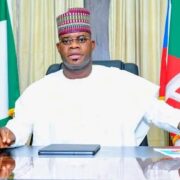

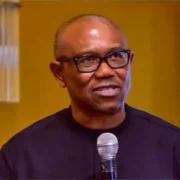
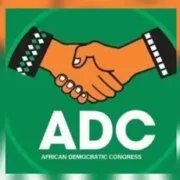
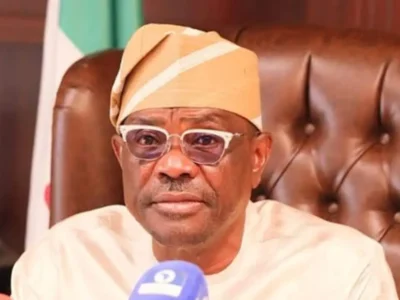
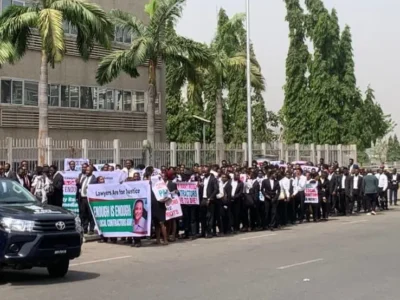
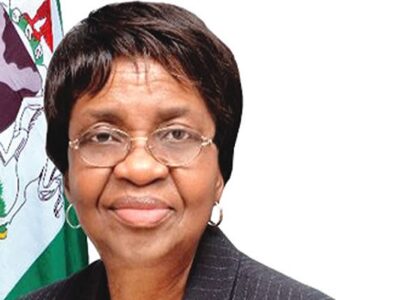
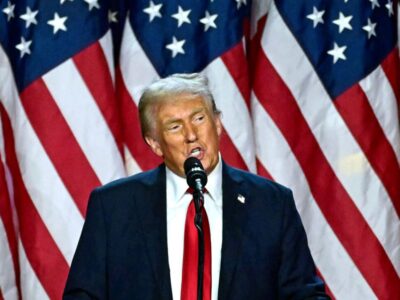









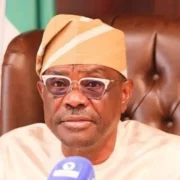
Comments